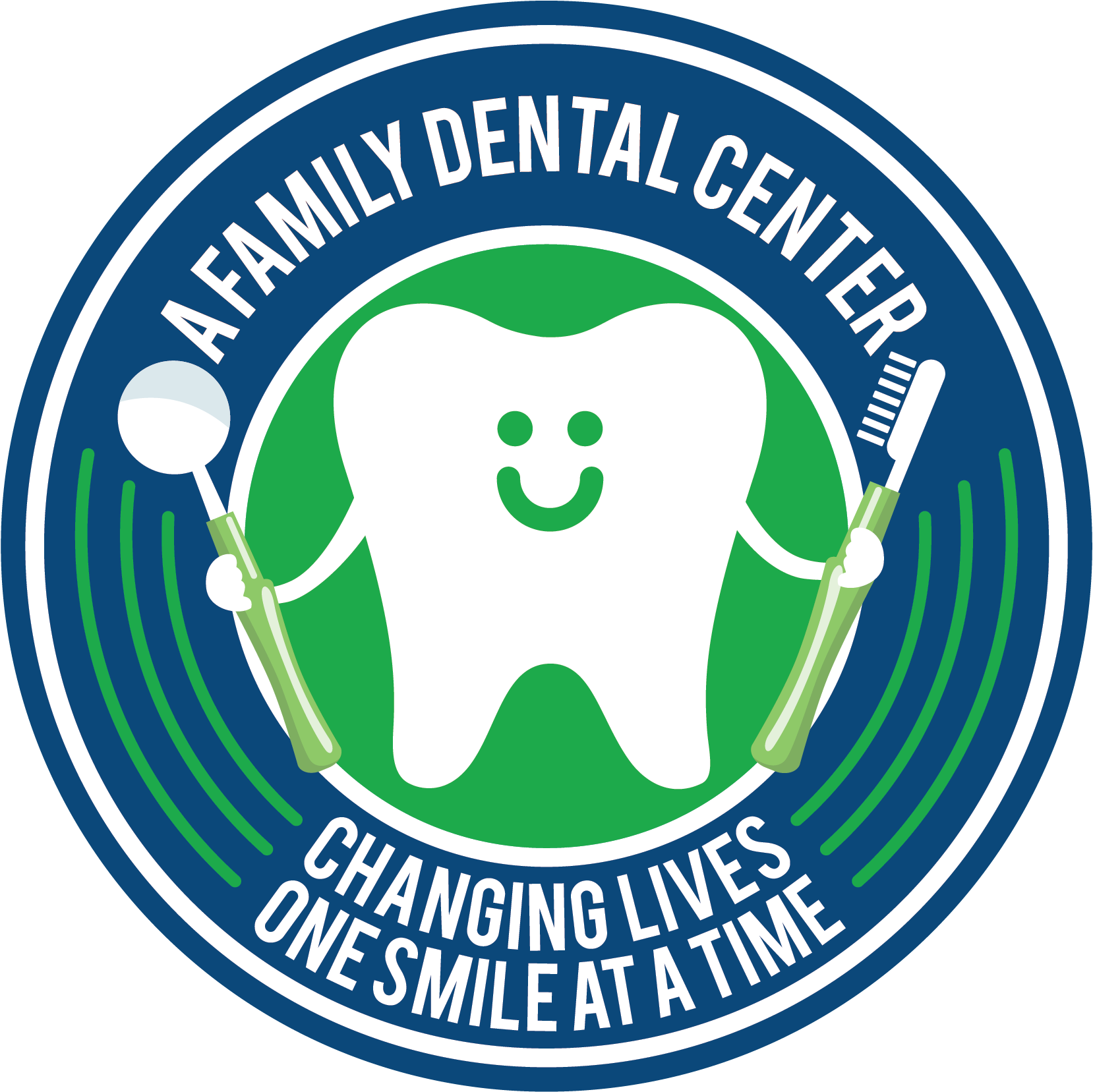
Dental Extractions in Kennewick, WA
The most commonly performed type of dental extraction is simple. This doesn’t include surgery. Sometimes, however, surgical extraction is unavoidable. Here at A Family Dental Center in Kennewick, we assess each patient and come up with a treatment plan.
Nothing is done without your full understanding and consent. Our priority at A Family Dental Center is for you to be fully aware of what’s going to happen. Nothing is more important than patient autonomy. If you are considering tooth extraction in Kennewick, our dentist will assist you throughout the procedure.
Simple Extractions
Simple extractions are common procedures that we perform weekly. In a simple extraction, the tooth is held using special equipment and pulled out of its socket. Wisdom teeth are often removed through simple extractions.
A decayed tooth that’s not amenable for repair is also extracted. Local anesthesia is injected into your gums before we begin the extraction to take away any potential pain. You might feel some pressure as some maneuvers are done to remove the tooth but no pain.
Surgical Extractions
Surgical extractions are a little more complicated than simple ones. They’re done when a tooth hasn’t appeared through the gums or is horizontally impacted. This can occur with wisdom teeth. To reach these teeth, we’ll need to make an incision in the soft tissue covering them.
Once they’re revealed, they can be extracted. Breaking the teeth into several fragments using our equipment, then extracting the fragments is commonly done.
After the Extraction
After the extraction, mild bleeding, pain, and some swelling are expected.
At A Family Dental Center, we recommend you get some rest at least for the first 24 hours after the extraction. Painkillers may be described to help you tolerate the discomfort. As for the swelling, it might peak on the 3rd day after the extraction, especially if it was surgical. Applying ice externally to the skin over the extraction site can help limit it.
Mild oozing of blood can last up to 1 to 2 days. The clot forms within the first few hours, and you should avoid rinsing your mouth or using a straw in the first 24 hours to avoid disrupting the clot. Instructions will be given on what to do later on.
